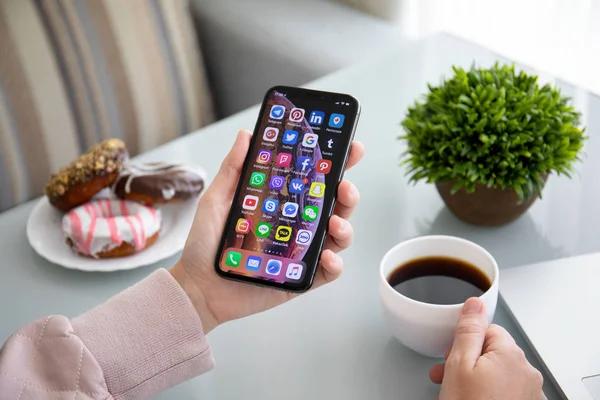KakaoTalk, a popular messaging app in South Korea, has become an integral part of daily life for many Koreans. It is not just a platform for sending messages or making calls; it also serves as a social networking site and a platform for conducting business transactions. In recent years, KakaoTalk has introduced several security measures to protect its users’ privacy and data. One such measure is the domestic KakaoTalk authentication feature.
Domestic KakaoTalk authentication is aimed at enhancing user security by providing an additional layer of verification beyond the traditional username and password combination. This feature allows users to authenticate their identity using their mobile number linked with their KakaoTalk account. The system sends an authentication code via SMS to the registered mobile number, which must be entered within a specified time limit to access the account.
This form of two-factor authentication (2FA) plays a crucial role in preventing unauthorized access to user accounts. Even if someone manages to obtain your login credentials through phishing or other means, they would still need physical access to your mobile device to receive and enter the OTP (One-Time Password).
The future of security seems promising with this trend shaping up rapidly across various platforms globally. With cyber 국내카톡인증 threats becoming more sophisticated every day, businesses are expected to continue investing heavily in advanced security technologies like 2FA.
Moreover, biometric technologies such as fingerprint scanning and facial recognition are increasingly being integrated into messaging apps like KakaoTalk for user verification purposes. These biometric methods provide even greater security than 2FA because they rely on unique personal attributes that can’t easily be duplicated or stolen.
Another trend shaping the future of security involves AI (Artificial Intelligence) and machine learning technologies that can detect unusual behavior patterns indicating potential fraud or hacking attempts. For instance, if multiple unsuccessful login attempts are made from different geographical locations within a short period, these systems can automatically lock down the account until further verification from the owner.
In conclusion, domestic KakaoTalk authentication is a significant step towards enhancing user security on the platform. It reflects the broader trend of businesses investing in advanced technologies to protect their users’ data from increasingly sophisticated cyber threats. With the rapid development of biometric and AI technologies, we can expect even more robust and reliable security measures in the future. As such, it’s safe to say that these trends are shaping a future where users can enjoy digital services with greater peace of mind, knowing that their personal information is well-protected.




